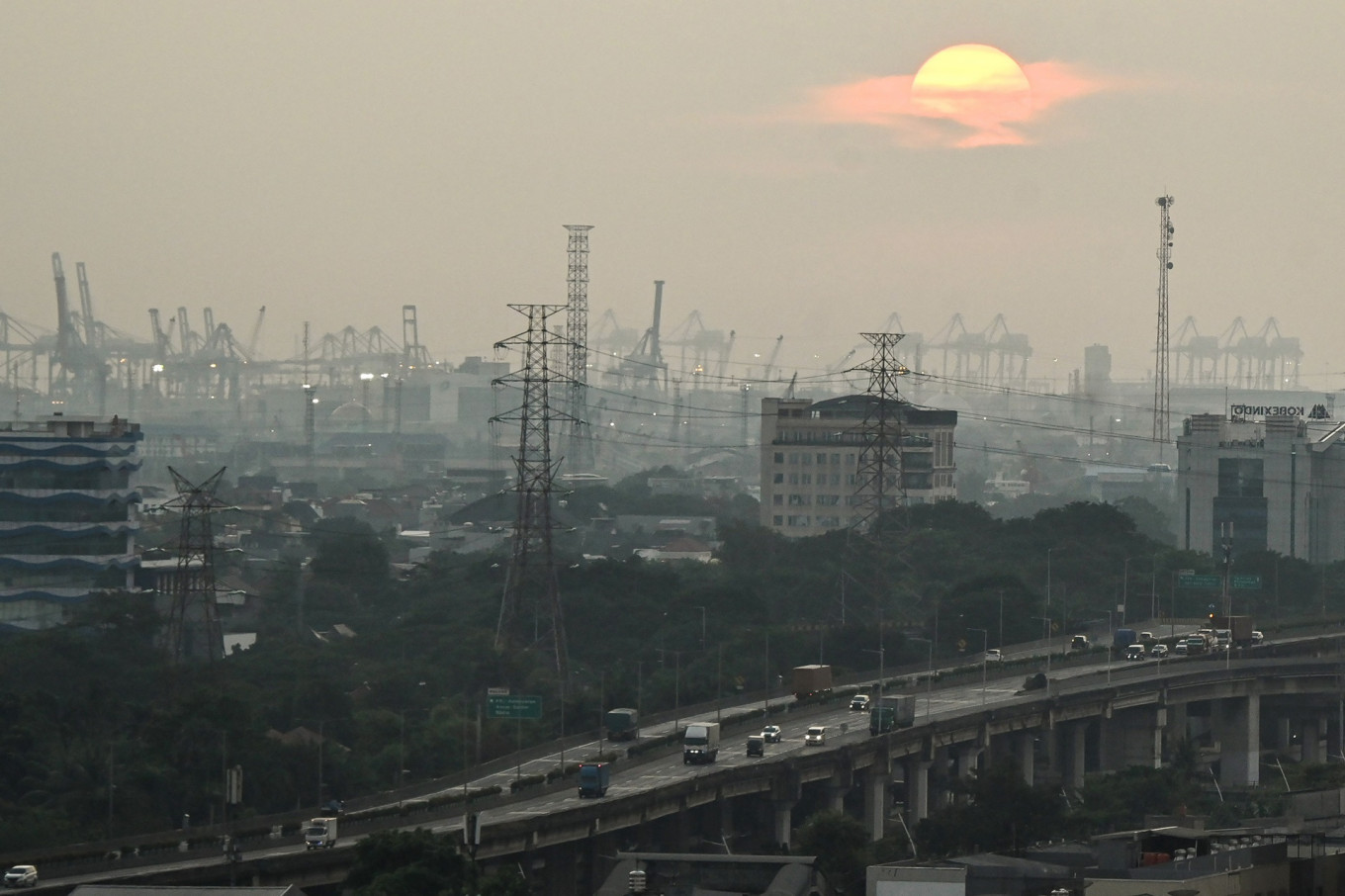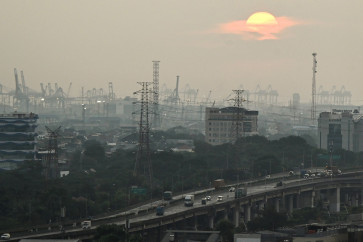Popular Reads
Top Results
Can't find what you're looking for?
View all search resultsPopular Reads
Top Results
Can't find what you're looking for?
View all search resultsGlobal warming and the tragedy of the commons
Global warming, a critical challenge of our time, presents a compelling case of the tragedy of the commons.
Change text size
Gift Premium Articles
to Anyone
B
esides escalating geopolitical tensions, such as the Russia-Ukraine and Israel-Palestine wars, as well as the rivalry between the United States and China, the existential challenges of human civilization in the 21st century include a triple ecological crisis in the form of global warming, biodiversity loss and pollution.
Greenhouse gases, including carbon dioxide, methane and nitrous oxide emitted into the atmosphere since the start of the first industrial revolution in 1758 have already warmed our Earth by roughly 1.3 degrees Celsius, according to the Indicators of Global Climate Change 2024. Over the past 20 years, we have experienced the consequences of that warming world.
No region has been spared the negative impacts caused by global climate change, with a growing number of countries facing heat waves, extreme weather, forest fires, sea level rise, floods and storms, ocean acidification, coral bleaching and disease outbreaks resulting in devastating human and financial costs that extend well beyond national borders.
Between 2000 and 2019, climate-related disasters have claimed over half a million lives, caused over US$2 trillion in estimated damage and affected almost 4 billion people worldwide.
Currently, because of global warming, up to one in seven species face extinction, critical ecosystems like coral reefs face destruction and extreme heat waves that our great grandparents experienced once in a lifetime will occur on average every six years.
If the increase of Earth’s temperature is higher than 1.5 degrees above pre-industrial times, the negative repercussions of global climate change would be unmanageable (IPCC, 2015). Yet, since the Paris climate accord, signed by leaders of almost all United Nations member countries in 2015, global greenhouse gas emissions have continued to increase and reached a new high of 53 billion metric tonnes of carbon dioxide equivalent in 2023.
Global warming, a critical challenge of our time, presents a compelling case of the "tragedy of the commons", which is a concept describing how individuals, acting in their self-interest, can ultimately deplete shared resources, leading to collective loss or collapse.



















